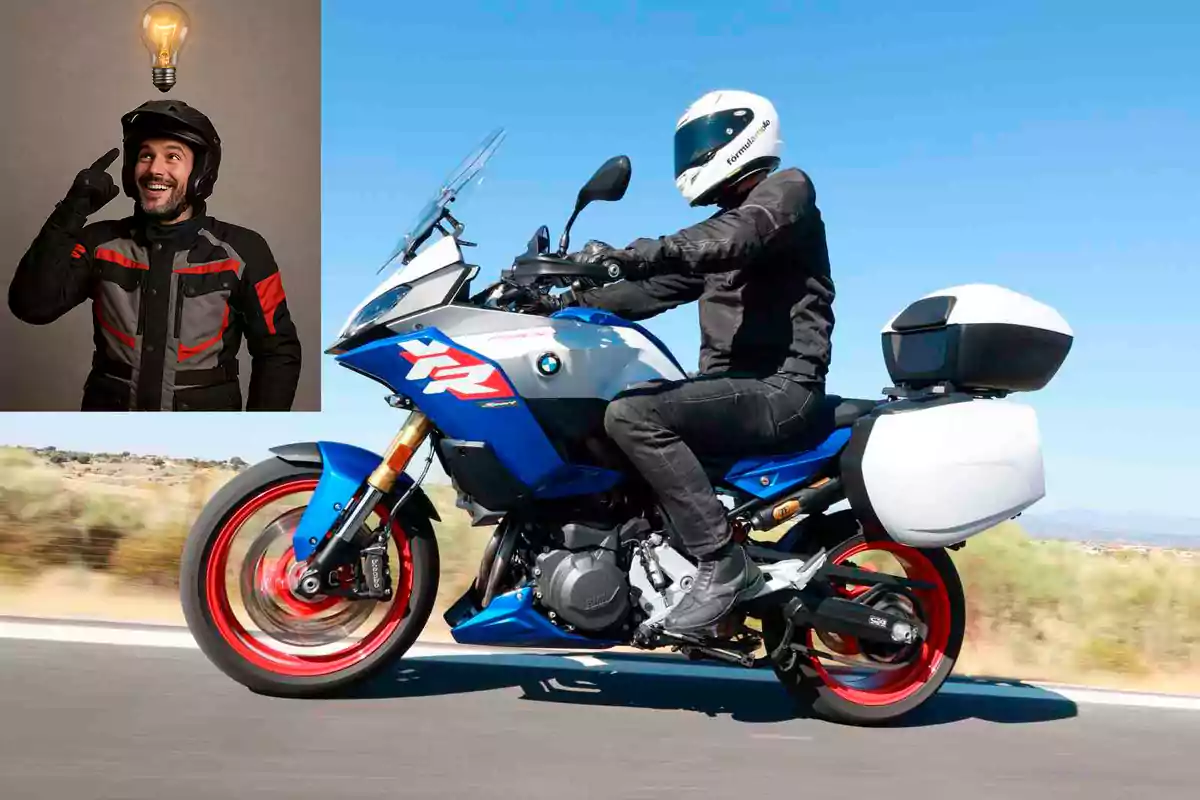
The good motorcyclist's decalogue: don't leave anything to chance
This decalogue aims to bring together what is necessary to undertake long journeys. If you are preparing for them, watch out..
The good motorcycle traveler's decalogue doesn't aim to resemble mathematics. Nothing is exact or perfect.
At least, it aims to serve as a tool to enjoy what you like doing most: traveling by motorcycle.
If possible, to do it as far as time and your bank account allow you.
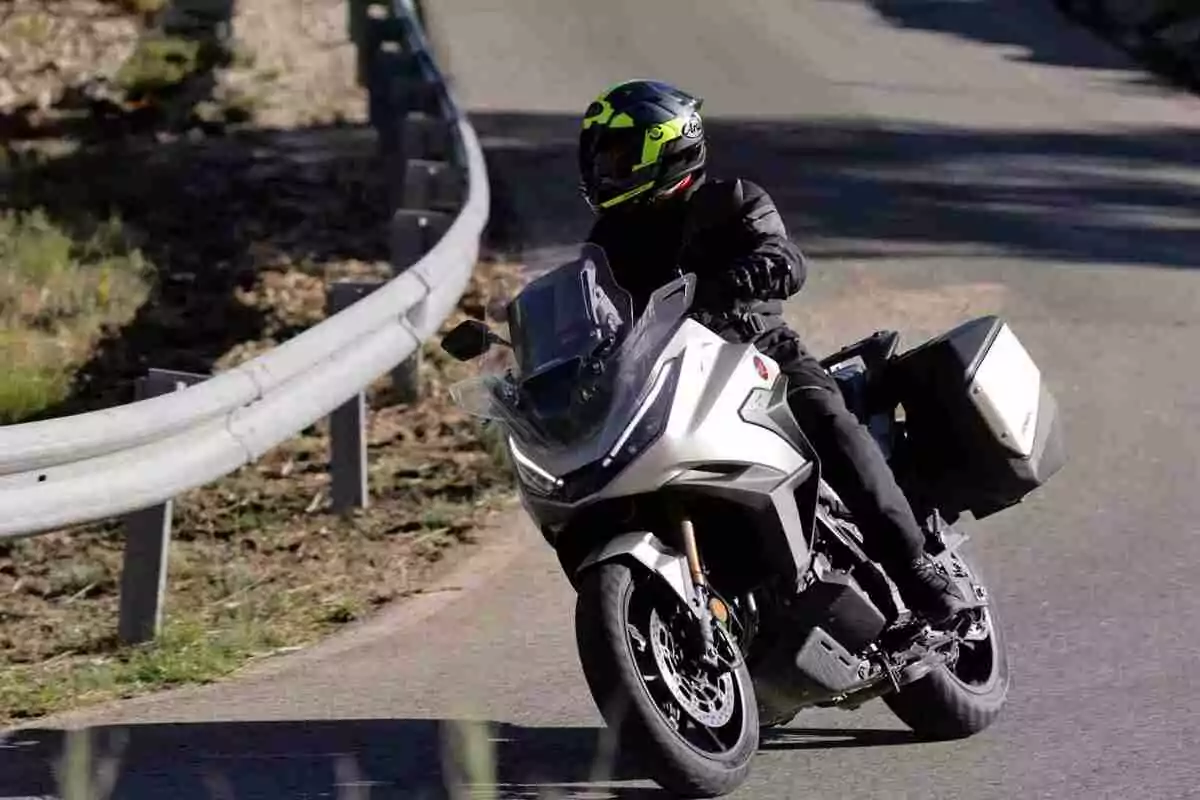
As people often say, "experience is a degree," and this time is no exception.
However, it's precisely that other degree, the one of recovering from adversity, that, on more than one occasion, will get us out of trouble.
Because doing it in the middle of the route may seem easy... without actually being so.
If you add resourcefulness and skill to experience, you'll have already covered a long way.
Solutions in small details
Keep in mind that some solutions are found in small details, like simply having your wallet soaked in a heavy downpour, with nowhere to take shelter.
If the pocket that promised to be waterproof proves it isn't, you'll ruin the cash you have inside, or your phone, or...
Something you can avoid with a simple grocery bag. Quick, easy, cheap, and it hardly takes up any space. Are you still carrying your motorcycle's documents under the seat without protection?
Take a look at the decalogue below and complete the list of what you need before heading to your destination.
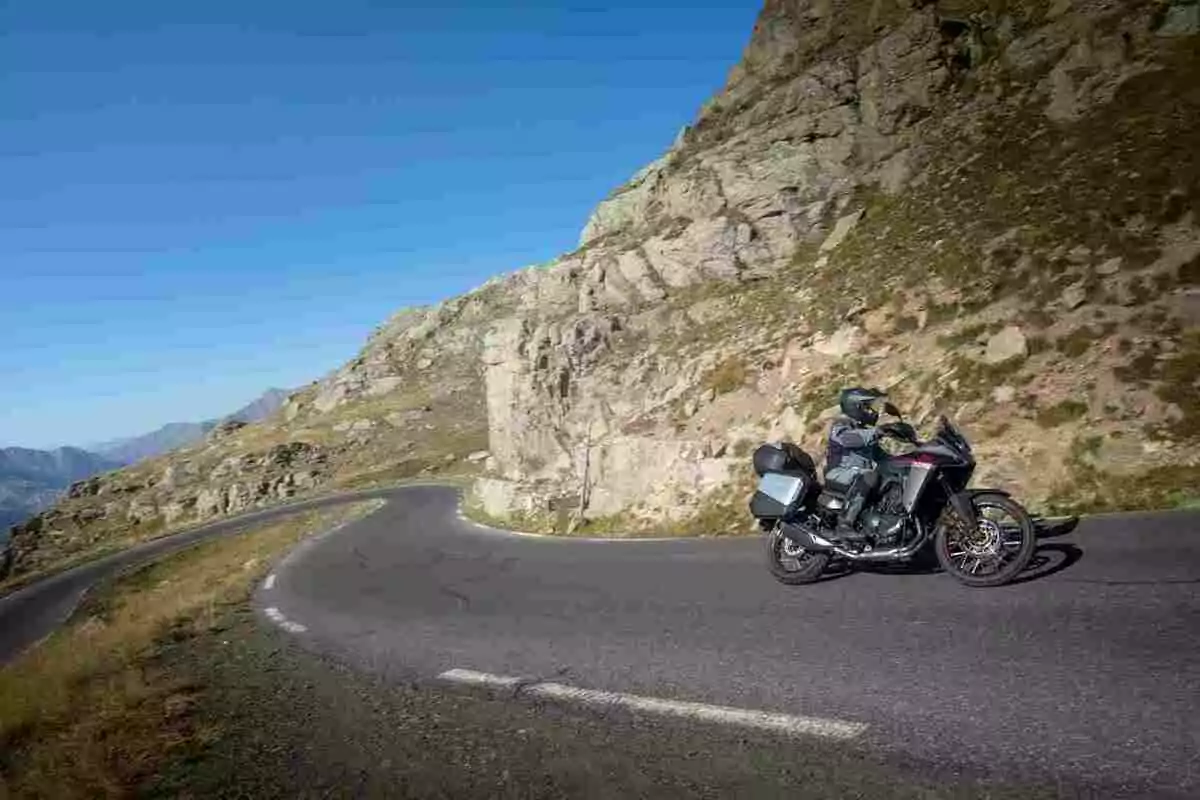
1. Don't carry your house on your back
Consider what will be necessary to load onto the motorcycle both for yourself and for the motorcycle itself.
Even if you have some extra space here or there, don't fill it up.
It might come in handy for things you pick up along the way, for example.
2. Pay attention to weather changes
As is logical, the weather you'll be riding through will influence your luggage.
No matter how good your technical gear is, a good full or two-piece rain suit will save you in certain situations.
Remember that the next day you'll be riding again and doing it with wet clothes is not the most pleasant thing...
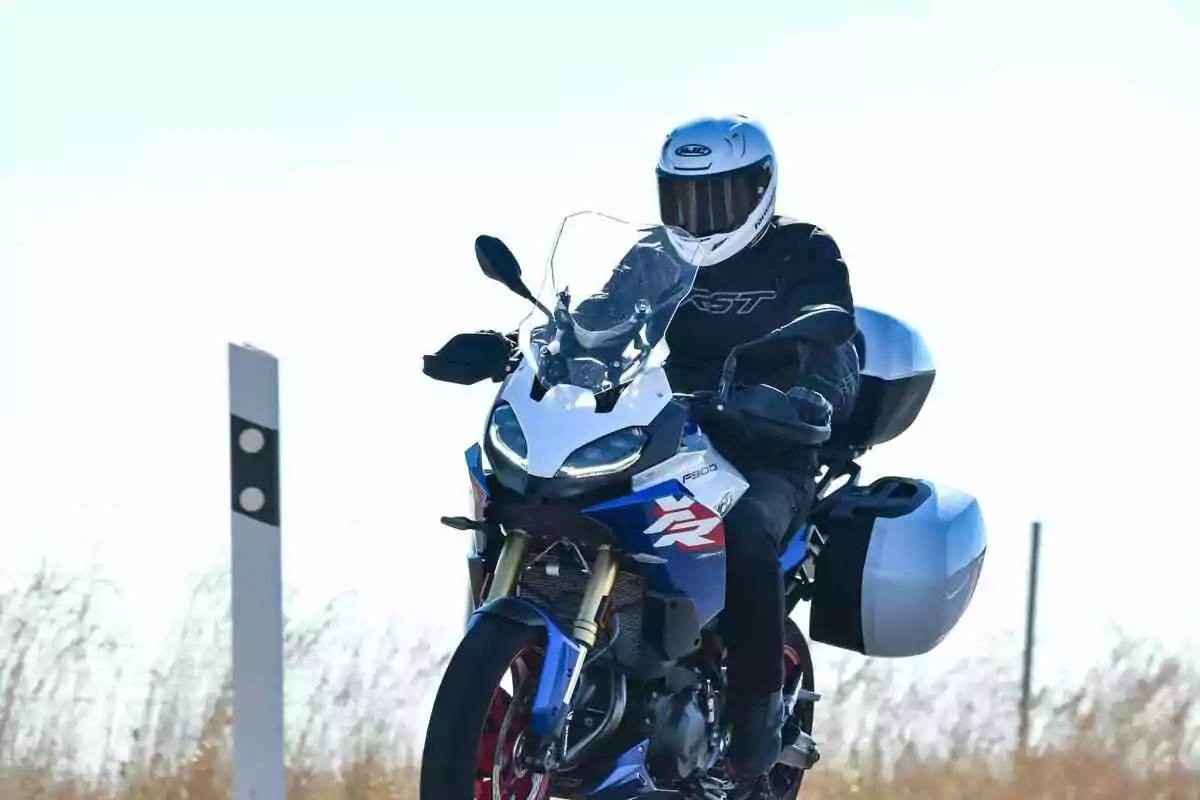
3. Spare parts... just in case
For certain items, carrying a spare "just in case" isn't just important, it's essential. The most obvious situation is the motorcycle key.
Some people even hide it somewhere on the motorcycle so only the owner knows where it is, but that's usually not a very good idea.
Even today, with proximity remotes, it wouldn't be useful either.
Try to always carry it in the same place in case you can't find the one you use or it has gone missing "who knows how or where."
4. Clear and tinted visor (not peak)
Some people prefer to use a tinted visor for riding during the day, but it's a difficult solution to use at night.
It doesn't mean you stop seeing when the sun goes down, but it does make it harder to move through unfamiliar terrain when you're trying to orient yourself in poor lighting conditions.
A clear visor hardly takes up any space and will serve as a spare in case the one you usually wear gets damaged.
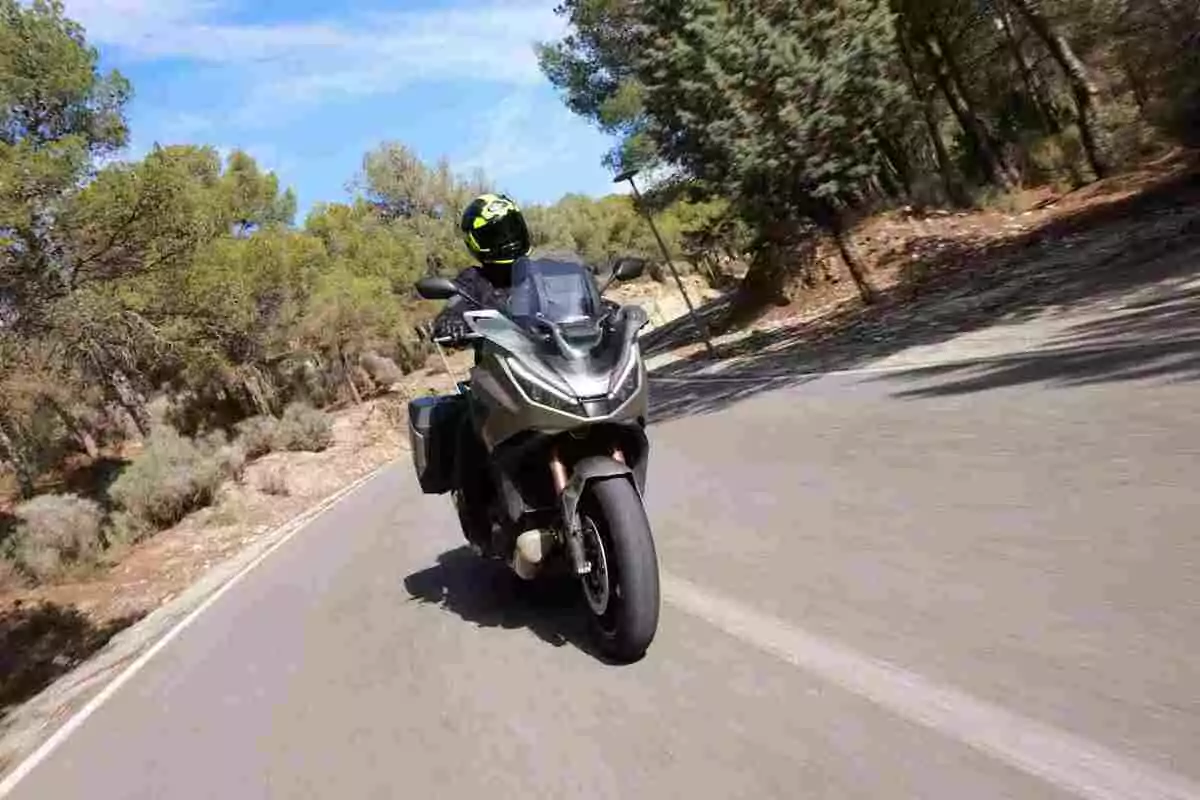
5. Windbreaker solution...
There are motorcycles that aren't known for even minimal aerodynamic protection and, even so, we like to travel with them.
If you don't have a windscreen, or if it's low, attach an old helmet visor with duct tape as a deflector.
If there's not even a windscreen, the same visor placed using the instrument panel as a base will work to deflect some of the wind that hits your body.
6. With chain, don't forget this
It's all too common for travelers to only worry about their motorcycle's general condition when leaving home.
It may be understandable if you have a shaft drive model. Otherwise, it's truly reckless to start the route leaving the drive chain to its fate.
The miles (km) traveled with dirt stuck to the links, water, or even mud if you're riding on trails, will end up limiting its useful life.
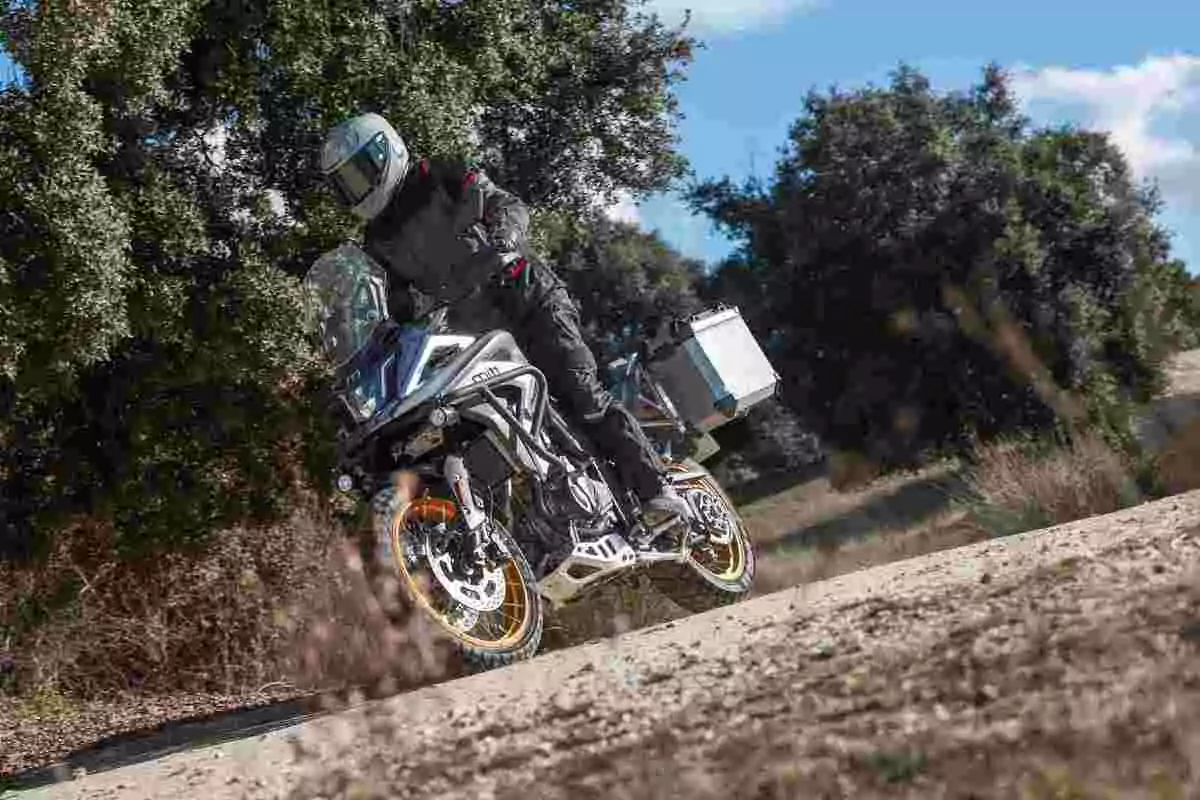
What's worse, it could even break. Ideally, you should carry two sprays, cleaner and chain lube.
If not, at least the latter. Look for a size that will last the trip so it doesn't take up too much space. Why carry a 17 fl. oz. (500 cc) one?
7. Start with "zero" maintenance
Since we're talking about checking the motorcycle before leaving, it's clear that what your motorcycle needs will depend on the length of the trip.
Take the opportunity to change the oil and filters if it's close to needing it by time or mileage.
Of course, the condition of the tires is another detail you should keep in mind: will they last the whole trip?
Rely on your trusted workshop. You never know what you might find out there as a last resort...
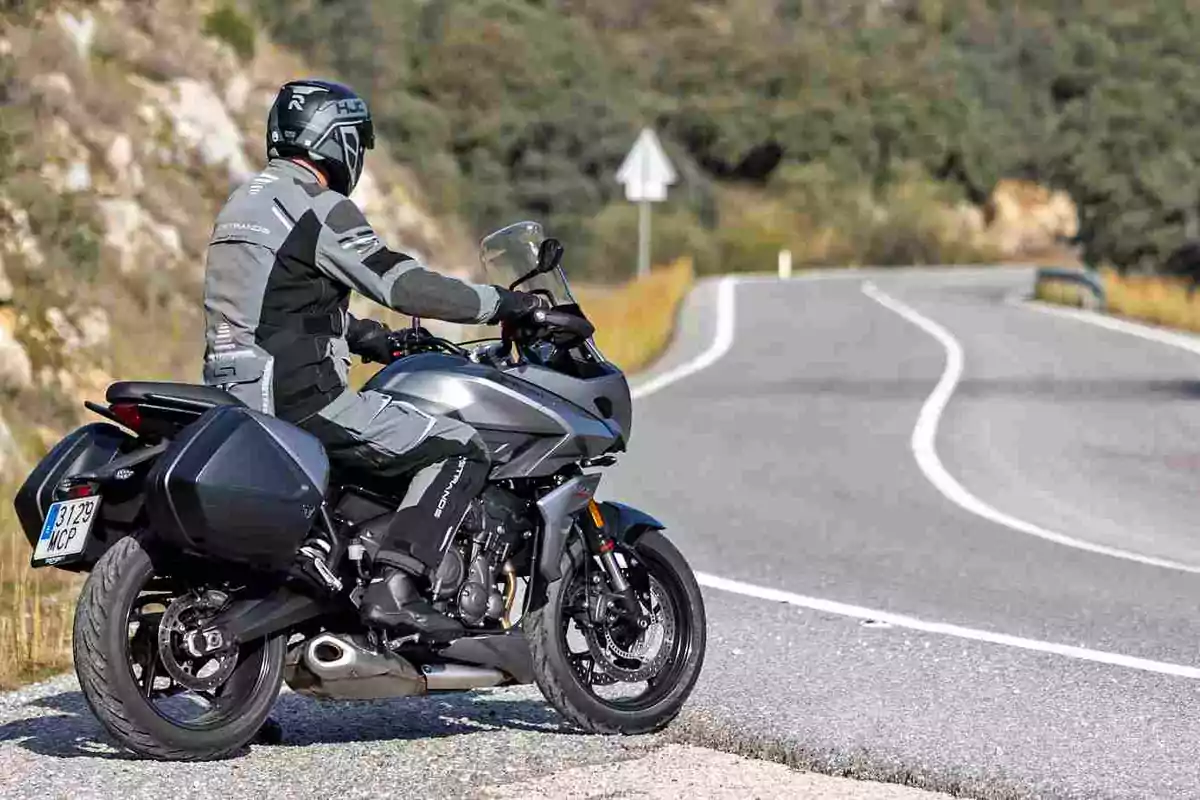
8. The good old map is still perfect
In a world where digital communication has taken over, it seems like good old maps are useless.
The truth is that, sometimes, a good map at the right scale will help you get your bearings better than staring at a small screen.
In fact, it has been and always will be the essence of any true journey of discovery.
Let's add a touch of adventure to our lives... After all, it won't take up that much space, if that's what you're worried about.
9. Other gloves, just in case
If you're going to ride through changing climates, remember to bring two pairs of gloves.
It's very uncomfortable, not to mention unpleasant, to ride in low temperatures with summer gloves that, just a few miles (km) before, worked perfectly.
Getting hot because you can't take off your winter gloves wouldn't be right either, even less so if you do it to continue riding without gloves.
As with the rest of your gear, a wet pair won't be useful the next day if they haven't dried overnight.
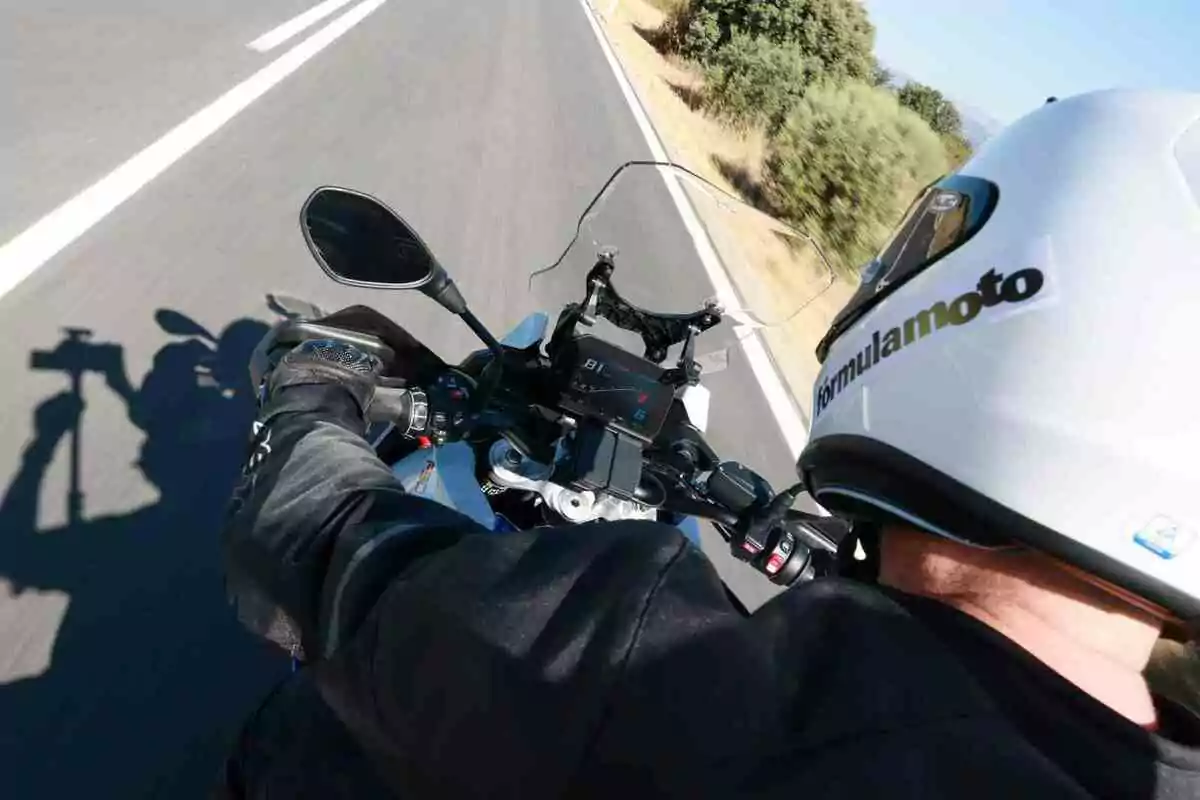
10. Basic (or not so basic) survival kit
Last but not least, you should make a list of what could be called a "survival kit."
It should include those "small-big" solutions that will save your trip in case of the unexpected, maybe even disaster...
For example: duct tape, zip ties, and plastic bags (the best waterproof item you can carry anywhere without taking up any space).
You shouldn't forget a tire repair kit, first aid kit, spare bulbs and fuses kit, and a minimum set of tools.
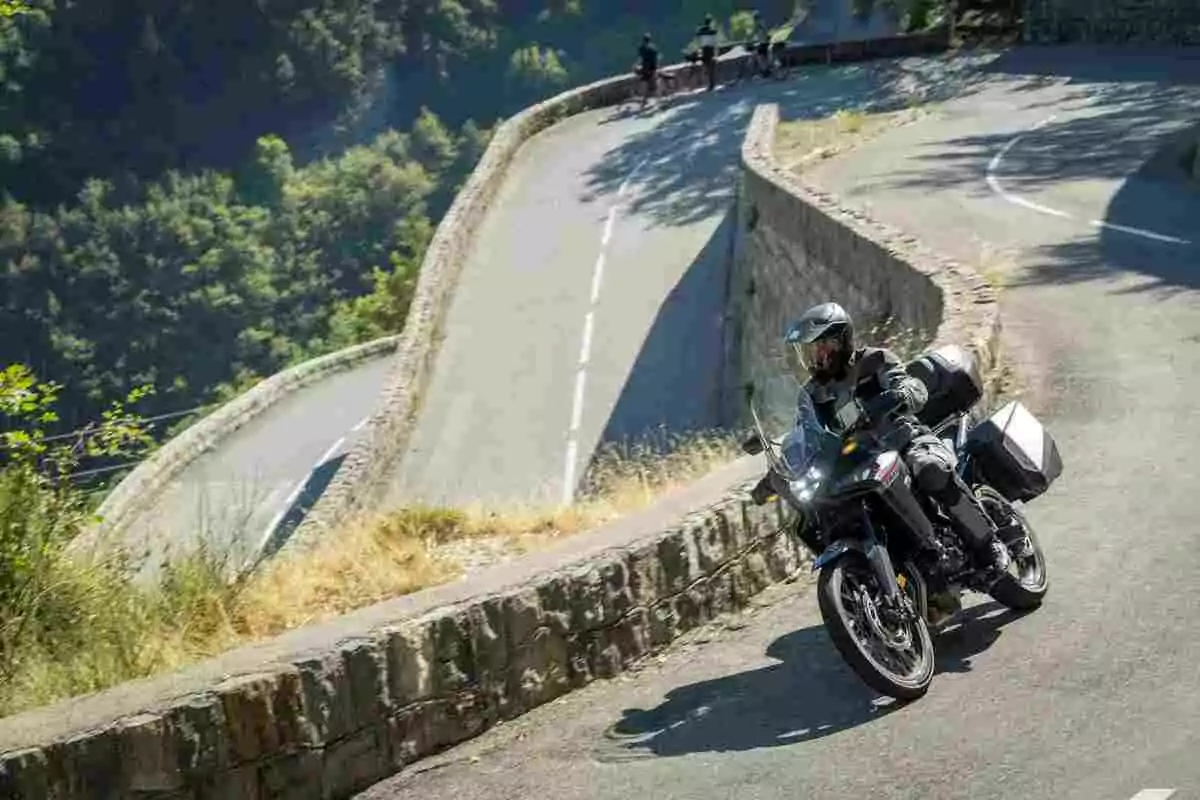
It'll be what you need to remove whatever gives you access to the battery and fuse box, at the very least.
Remember that the maxim of "carrying two of everything" is practically impossible, but we should always keep it in mind for basic items.
These are, as we've seen, the ones likely to be lost or break that don't require too much space...
Because we travel to enjoy, not to suffer inconveniences, just enough to tell our friends about them later, spiced up with a touch of adventure.
Good luck and safe travels!
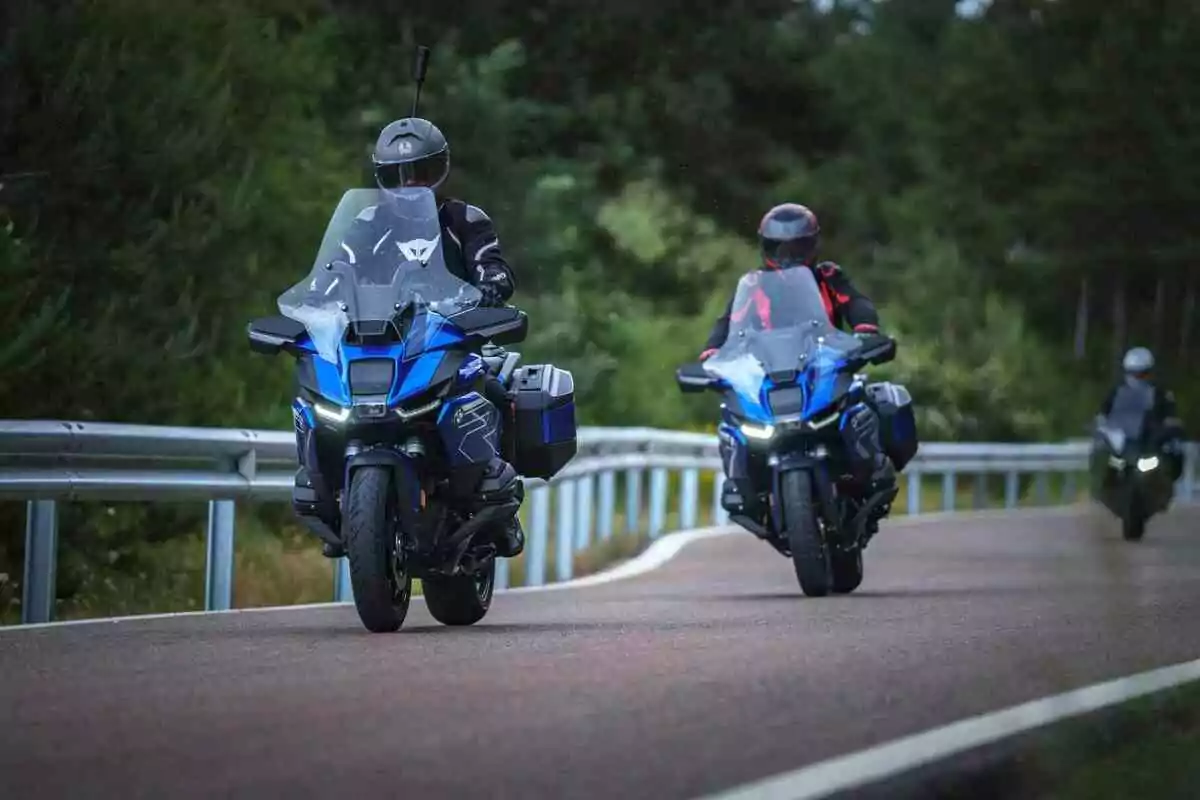
More posts: